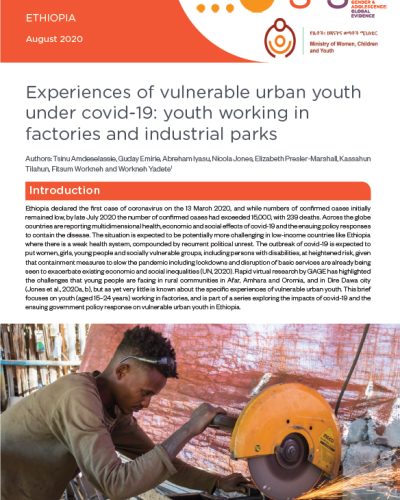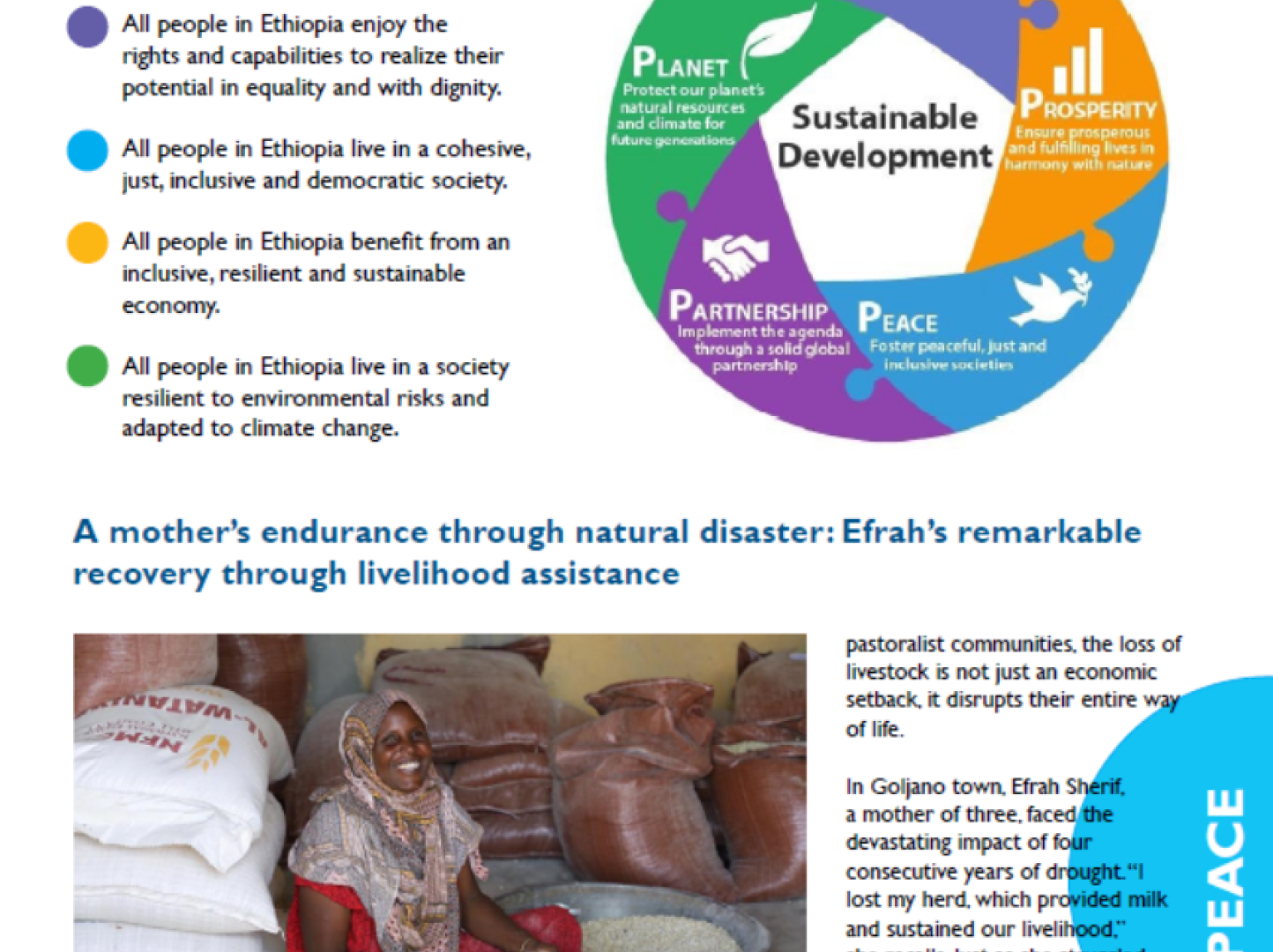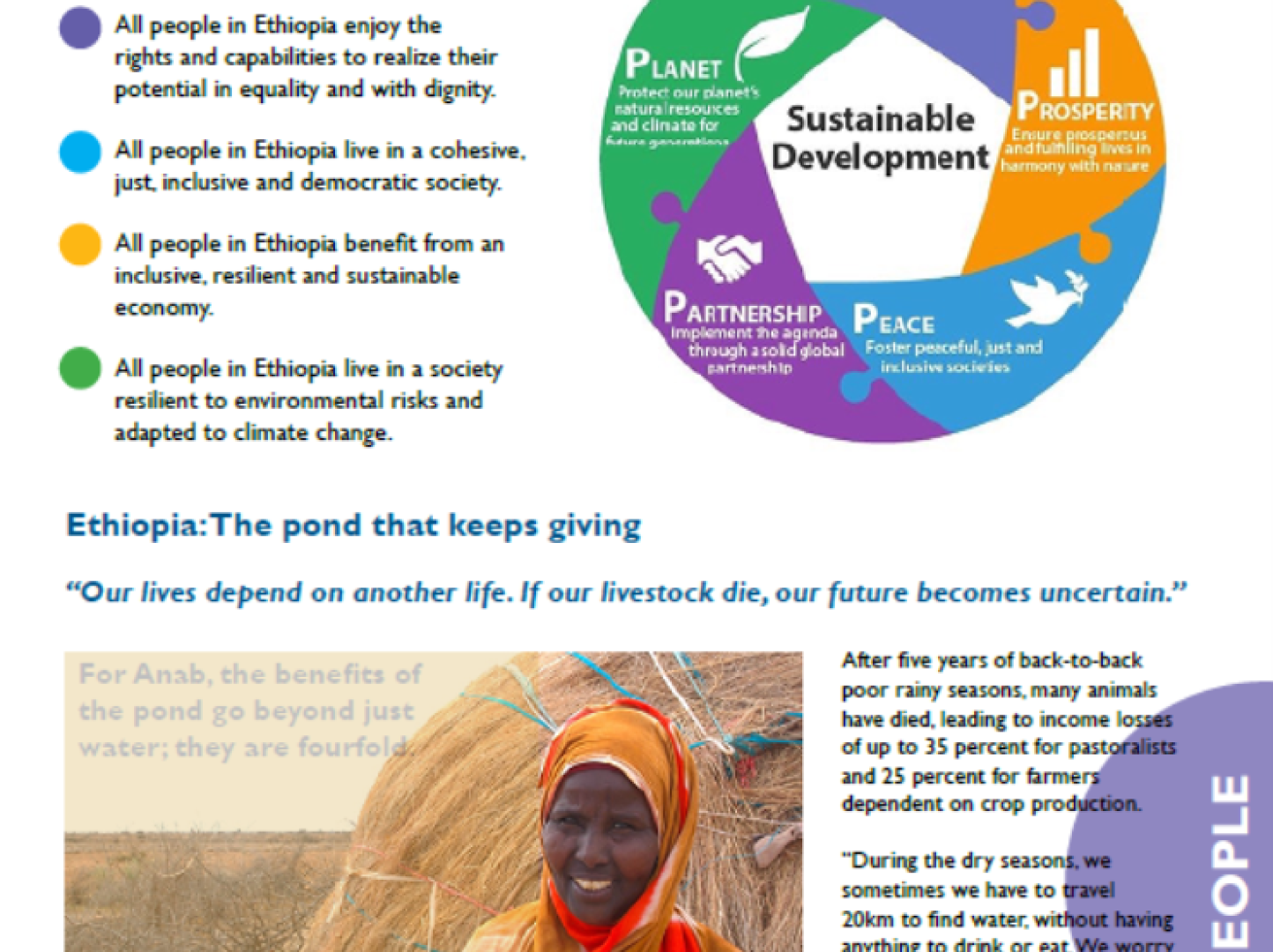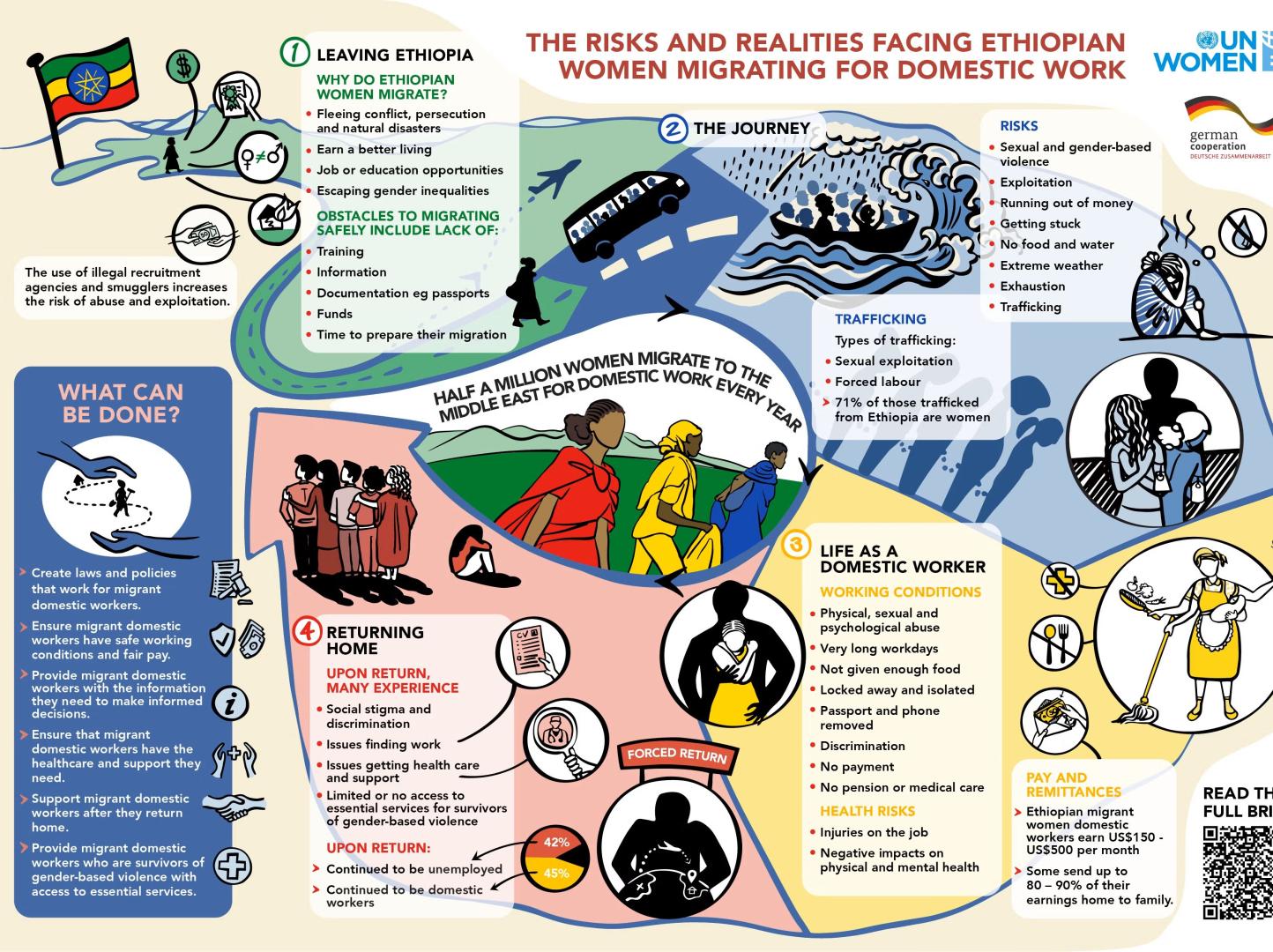Experiences of vulnerable urban youth under covid-19: youth working in factories and industrial parks

UNFPA Ethiopia, Gender and Adolescence: Global Evidence (GAGE) and the Ministry of Women, Children and Youth have published five policy briefs on the impact of COVID-19 on the lives of vulnerable adolescents and young people.
This brief focuses on youth (aged 15–24 years) working in factories, and is part of a series exploring the impacts of COVID-19 and the ensuing government policy response on vulnerable urban youth in Ethiopia.
Findings of the study entitled “Experiences of vulnerable urban youth under COVID-19: youth working in factories and industrial parks” suggest that youth working in factories and industrial parks are highly vulnerable in the context of the COVID-19 related economic downturn and are also at heightened risk of contracting the virus due to the crowded nature of their workplaces and on-site accommodation.
Priority actions to address these risks, as highlighted in the policy brief, include:
- Continue to ensure that factories are providing free masks, sanitiser and gloves while simultaneously improving social distancing measures In addition to ensuring that factory management continues to provide free masks, sanitiser and gloves to all workers, urgent measures need to be taken to improve social distancing. These should include reducing congested entrances and exits by staggering work start and finish times, mandating limits on numbers of workers to be transported per vehicle in the industrial parks and reducing the number of persons sharing dormitories and bathrooms.
- Ensure sexual and reproductive health information, testing services and supplies within industrial parks are strengthened To mitigate the risks of unprotected sex among workers, it is critical for industrial park health clinics to strengthen SRH awareness raising, testing services for HIV and STIs, while also ensuring free availability of condoms and contraceptives.
- Address verbal violence and labour rights violations within factories Youth workers emphasised that verbal violence by supervisors and management is commonplace in the factories. The Ministry of Labour and Social Affairs should provide clear guidance on acceptable management-staff relationships and monitor its implementation. This should include clear guidance about grievance mechanisms to report cases or abuse, including violations of labour rights such as salary deductions.
- Invest in psychosocial support services, including through counsellors and peer-to-peer youth volunteers Because many youth workers are migrants living apart from their families, they have limited social support networks to provide support and guidance, especially in the stress-inducing context of the covid-19 pandemic. It is therefore important that management ensure that workers have access to psychosocial counsellors and/or peer support, potentially through youth volunteer networks.
- Rapidly scale up the urban PSNP and ensure that unemployed youth living alone are eligible While the federal government has temporarily prohibited lay-offs of industrial park workers in the context of coronavirus, it is possible that lay-offs will increase in the medium term and thus it will be important to invest in both the public works and direct support components of an expanded urban PSNP so that unemployed young people can have access to a social safety net.




















